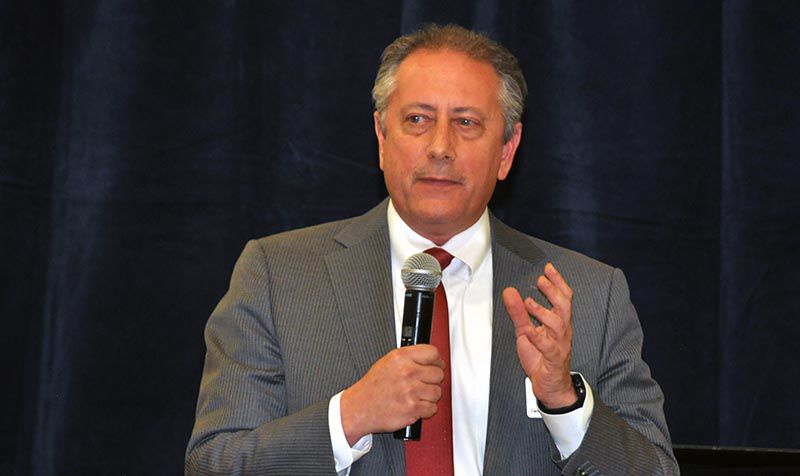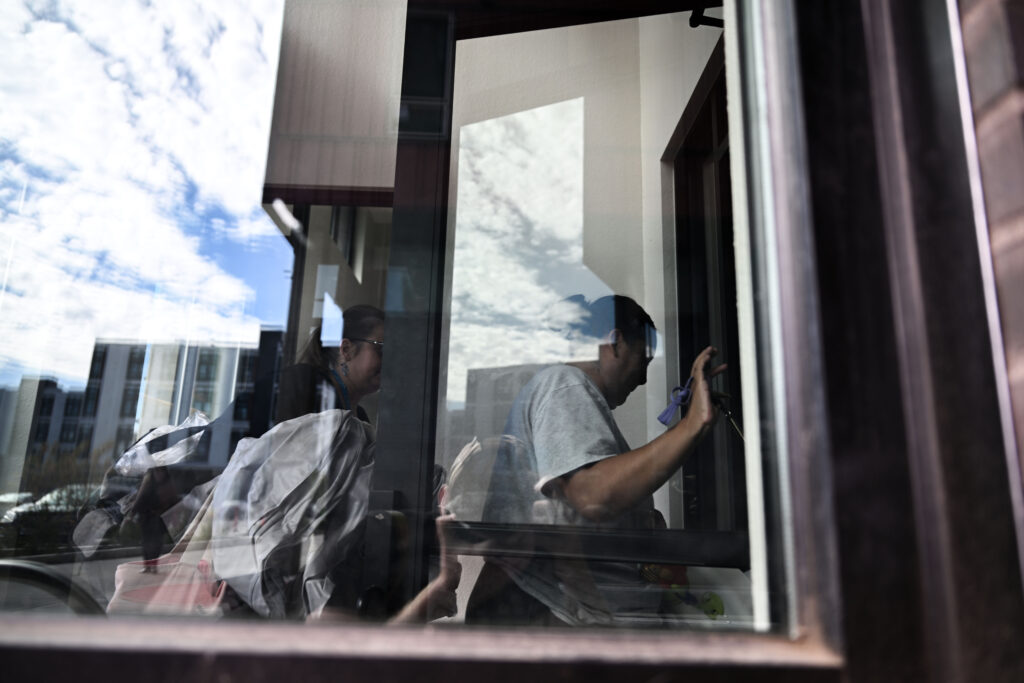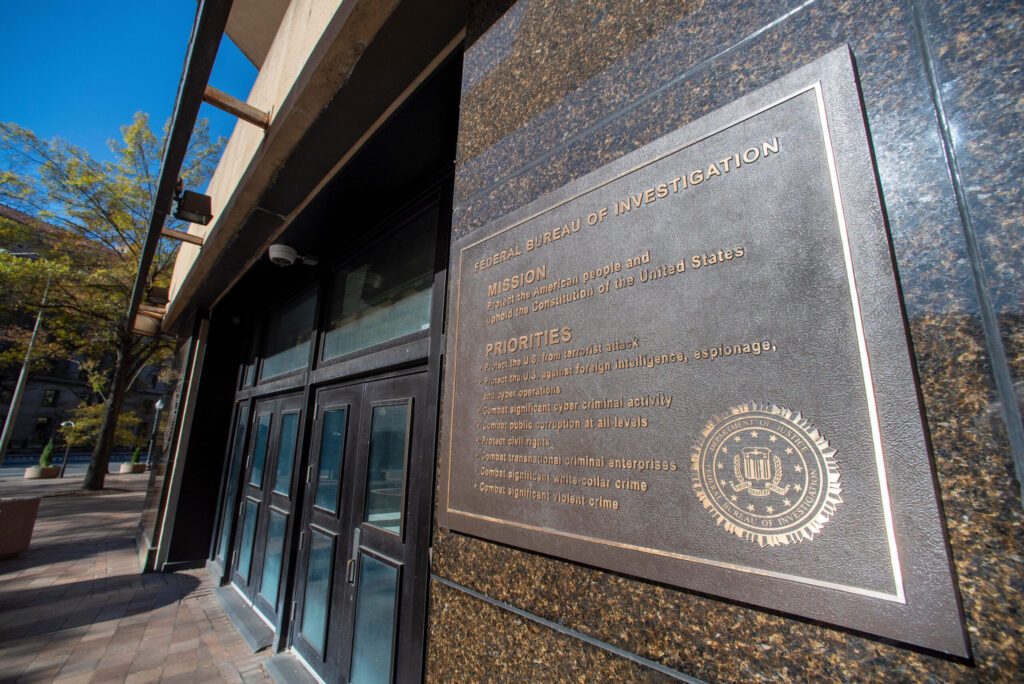Petitioning Democrat Noel Ginsburg says he’ll add caucus route to bid for governor

Democratic gubernatorial candidate Noel Ginsburg announced this week he plans to secure a spot on the June primary ballot by going through the caucus and assembly process in addition to gathering petition signatures.
Ginsburg joins leading candidates Jared Polis, a five-term congressman, and Cary Kennedy, a former state treasurer, wooing the party faithful – starting at precinct caucuses on March 6 and culminating at the Democrats’ state assembly on April 14. Polis is also taking both routes to the ballot. The other petitioning Democrats are Lt. Gov. Donna Lynne and former state Sen. Mike Johnston, D-Denver.
Ginsburg told Colorado Politics he’s responding to a “constant drumbeat of demand” from party activists and officials who were uncomfortable with Polis, Kennedy and “uncommitted” being the only options at caucuses.
“It goes against all conventional wisdom,” Ginsburg said in an interview. “The reason is, I’ve spent the last year meeting with the grassroots of the party. It did not feel right for me. The conventional wisdom would say, ‘Jump over it, turn in your petitions and focus on the primary,’ but for a candidate who has not been in elected office before to ignore the party did not feel right to me.”
Ginsburg is the CEO of Intertech Plastics, a Denver-based manufacturing company he founded in the 1980s, and a lead organizer of several nonprofits, including CareerWise Colorado, a youth apprenticeship program that rolls out statewide next year.
“The people I’ve been speaking with across our state deserve to have a real discussion on the issues facing Colorado, not just a recitation of stump speeches and talking points,” he said in a statement. “They deserve a chance to get to know more from their candidates for governor than just two-minute soundbites without further questions from the voters or their opponents.”
The move is not without its risks. It takes 10,500 valid signatures from fellow party members – 1,500 gathered from each of Colorado’s seven congressional districts – to make the ballot by petition. Candidates nominated out of assembly require the support of 30 percent of delegates, but if they’re also petitioning, they can’t fall below 10 percent support or their petitions will be thrown out.
Petitions are due to the secretary of state by March 20. Ginsburg said his signature-gathering is on pace, so there’s a chance delegates will know whether he’s already qualified for the ballot by the time they convene in Broomfield to nominate statewide candidates.
Earlier this week, Attorney General Cynthia Coffman, one of 10 Republicans running for governor, announced she was ending her petition drive and would instead go through caucus and assembly. Her move leaves three GOP candidates chasing signatures.
Strategists say neither method is necessarily easier than the other – petitioning statewide can cost upwards of $200,000 this year, while going through assembly can require spending months criss-crossing the state meeting potential delegates.
Ginsburg said he’s put on the miles meeting Democrats over the last year.
“Because I’ve been everywhere is why I can do this,” he said. “It’s not a campaign strategy so much as who I am.”












